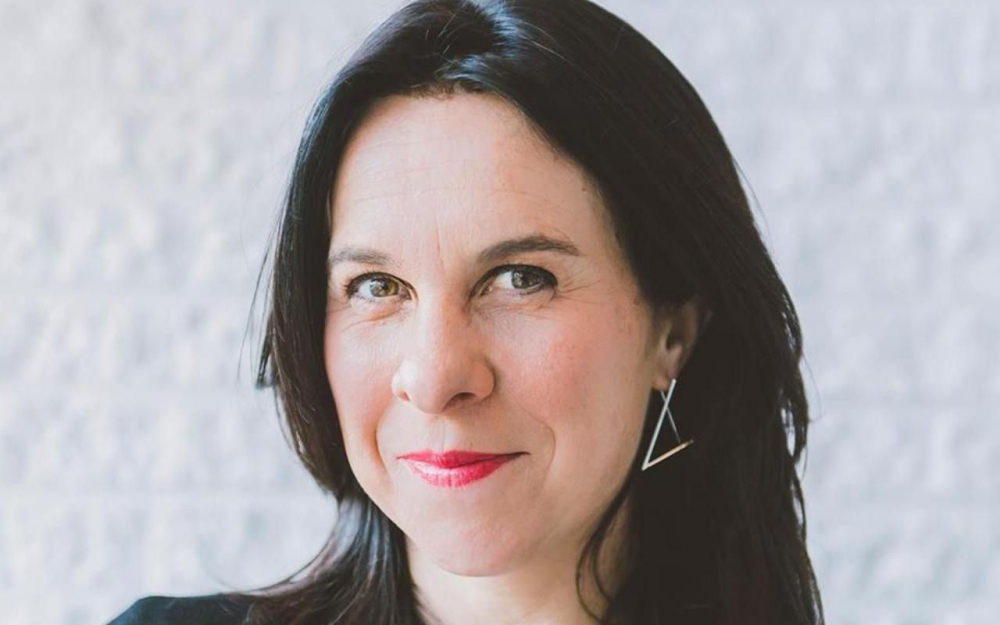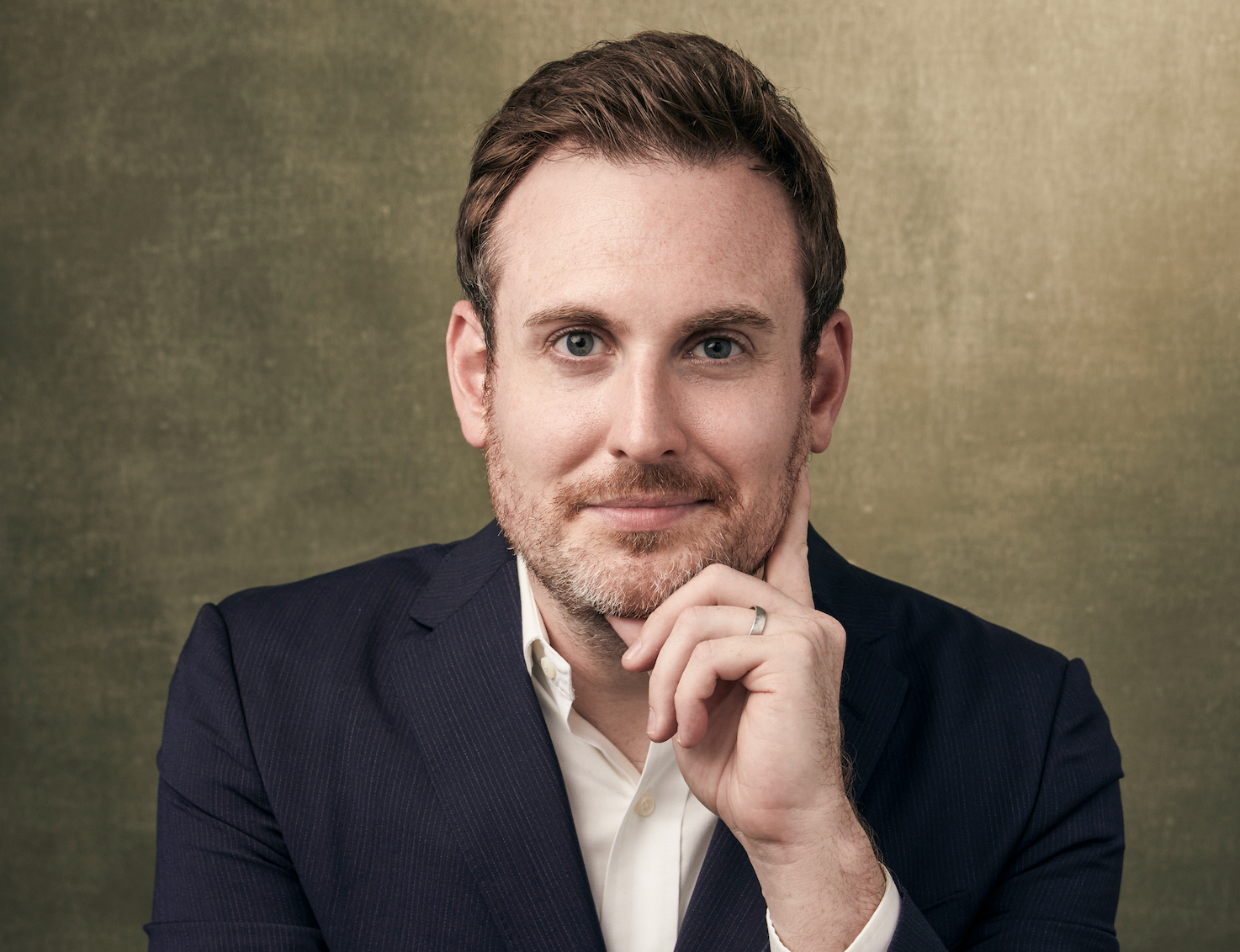
Pandemic is a preview of future climate change challenges, says Montréal’s Mayor
29 March 2021
by .
As part of a series of interviews with mayors of leading global cities and regions, The World Association of the Major Metropolises (Metropolis) spoke with Montréal Mayor and Co-President of Metropolis, Valérie Plante, to find out how COVID-19 is affecting her city and its residents.These interviews are published in partnership with Cities Today.
COVID-19 is a great example of a challenge that crosses borders and municipal boundaries. What tools do you have in Montréal to deal with that?
Mayor Valérie Plante: Definitely what happens in the other cities around us — and even in other provinces, across the country, or around the world — has a direct impact on us. We’re quite dependent on decisions taken by other levels of government, whether it’s closing borders with the United States or our capacity to have enough vaccine. So all those decisions are being made at another level, but it has a direct impact in municipalities.
Here in Montréal, there’s the Island of Montréal — the city — but then there’s the metropolitan area. And I’m the mayor of the city, but I’m also the president of the entire metropolitan area. That means there is a place where we can share and discuss and be proactive and have a coherent approach. I’m working closely as mayor and president with the public health authorities. It does help us to find solutions that are connected to our reality.
What’s an example where the city has had to step up within that system?
One example is regarding people who are homeless. We know that in any type of crisis, whether it’s a pandemic, or a conflict, or the climate crisis, it’s always the most vulnerable that are affected first. With the homeless, I was able to say: We need to have vaccine for them earlier. We need to set up shelters — the winter in Canada is quite cold.
But then some people may never find a place in a shelter. Some are scared. In January, the government of Quebec decided to establish a curfew where everybody would have to go home by 8 pm. I advocated to say: I get the curfew. It works for most of the people. But you cannot ask people without a roof to be under a roof between this time and this time. It doesn’t work. [A judge later ruled that Quebec’s curfew did not apply to those experiencing homelessness.]
What’s an example of a pandemic-era innovation in Montréal that other cities could learn from?
We decided to support the health system by providing public buses and transforming them into clinics for COVID-19 testing. We realised that in Montréal, whether because of language barriers or other barriers, some people were not getting tested. And there were places where a lot of people were contracting the virus but we were having trouble getting them tested. Turning the buses into mobile clinics meant testing could go into different places, and it did help.
What lasting impacts do you think will come from this crisis?
The fact that inequalities have become so exposed gave me as mayor the opportunity to talk about housing in a way that people now better understand. Many populations are impacted. It’s people from Aboriginal communities having trouble finding a place to live, others experiencing racism and discrimination, or elders with low incomes.
We value so much what it means to have a roof over our heads — so that we can isolate, so we can follow the rules, so we can respect a curfew, so we can feel safe. It gives me the opportunity to ask for more support from the provincial and federal levels in a way that maybe wasn’t possible before.
What lessons have you learned through the crisis?
Last May, the public health authorities were saying it wasn’t the facemasks we need to stay safe but to keep a distance from others. A lot of Montréalers don’t have a backyard or even a balcony to get outside, and the sidewalks can be quite small. So I made an executive decision, and we worked really hard to create 300 kilometres of new walking streets and cycling paths.
Once we got to summer, the public health rules changed and they said the masks are really the thing. I got a lot of backlash from people who were frustrated because they couldn’t park their cars. When I took the decision, it really seemed like the best thing to do so people would enjoy summer. It’s complicated, because, as a city manager, I need to plan ahead, but the rules and the conditions keep on changing.
You’re talking a lot lately about the importance of planning a green and inclusive recovery. What do you mean by that?
What we are experiencing right now with COVID might be a look at what we could be experiencing in the future regarding climate change. It’s important to see the opportunity right now for a green and inclusive recovery. Since the beginning of COVID, I’ve been working with the economic ecosystem here in Montréal, which is super-mobilised and proactive. They don’t love all of my ideas, but they do believe that we need to create a more resilient city. We need to think of what will make it attractive in the future, what kind of industry and investors that we want.
I’ve been saying: Let’s invest in public transport — and this is moving forward in a very nice way. People are behind it. Let’s invest more in green companies, and this is moving well. And let’s invest in housing, not only for social reasons but for economic reasons — it’s the right thing to do.
It also means: Let’s stop wasting our beautiful remaining green land on the Island of Montréal by building on it. Let’s keep it as a park and create green spaces. Because another great thing that came out of the pandemic is that Montréalers realise how their parks and green spaces are precious and incredible, and they want more. And that makes me very happy because I did invest a lot of time and energy and money into saving green lands, creating new parks, and making the shores and the river accessible to Montréalers. People are enjoying parks more than ever, and they understand the value of it.
Combating climate change is important to you. What’s a way that cities can make a difference?
Our climate plan is really ambitious. We want to diminish greenhouse gas emissions by 55 percent by 2030 and to have zero emissions by 2050. This plan is not just intentions; there’s a roadmap with goals to get there. We also have a climate test on all city decisions to limit emissions. We’re the first city doing that in Canada. And I want the provincial and the federal governments, and other cities to do the same.
What is difficult, even for the population, is that everybody wants to have changes, but we need to make people and institutions accountable for what they’re doing or not doing. And I want those climate tests to continue, even if I’m not the mayor anymore. That way, if there’s a new mayor who does not believe in climate change or think it’s important — well, he will have to answer to the people about it.








